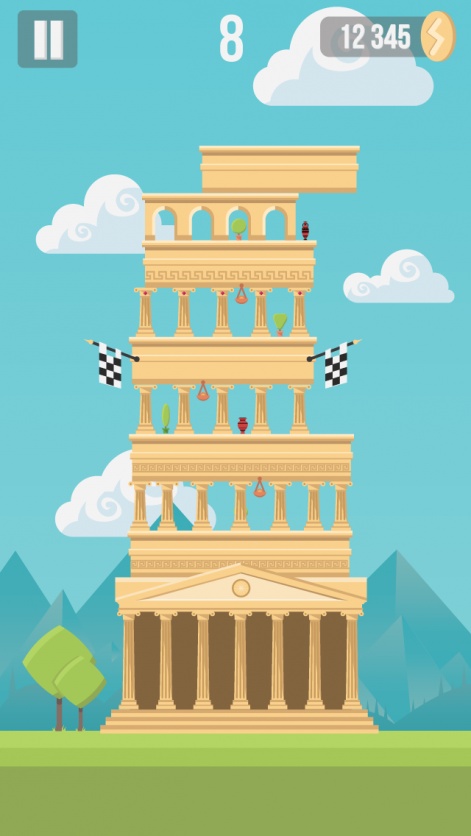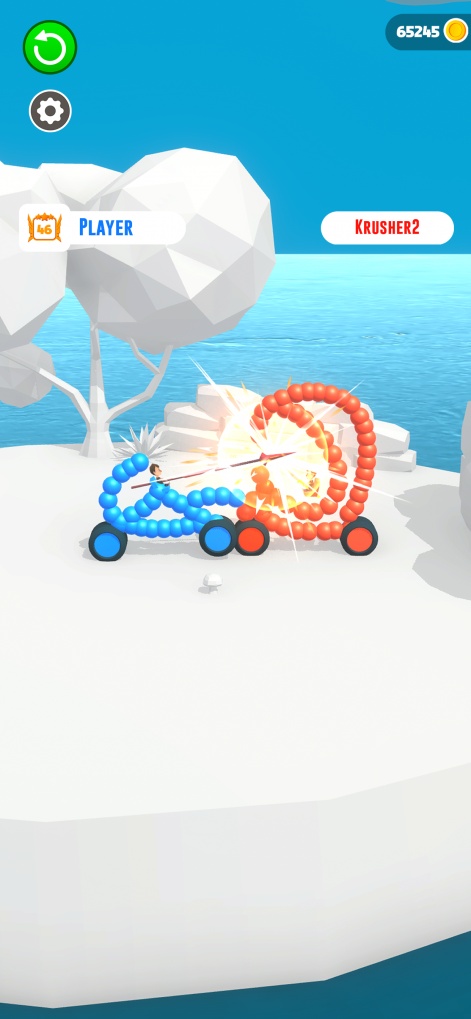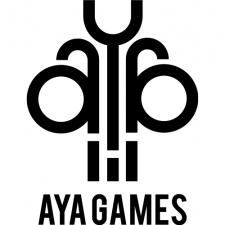There's no doubting that hyper-casual publisher Voodoo's knowledge and expertise has played a big part in its success, but if it didn't have games to publish, it wouldn't have achieved such great heights.
Following on from our chat with the publisher on its approach to game development and publishing, we spoke to some of its partner studios to find out more about the development process and what Voodoo provides to the people it works with.
This time around, we spoke to AYA Games founders Art Merenfeld and Yaroslav Rudakov about working with Voodoo and creating successful games.
PocketGamer.biz: How did your company first get started?
Our company started in 2014 when me and Yaroslav Rudakov were still working on Doodle God games at a company called Joybits.
I accidentally stumbled upon an old Flash game prototype that Yaroslav made, and I offered to properly finish and publish it as a mobile game in a hyper-casual market that didn't really exist yet.
What drew you to developing hyper-casual games?
Art Merenfeld: We both are professional game developers and have been working on mobile games for years. But it always felt too difficult to explore our full creative potential with games that take months or even years to finish and publish. Hypercasual games looked like the perfect thing for us to just try a bunch of different mechanics and styles in a short amount of time. It’s a lot more fun.

Yaroslav Rudakov: When we first started there was no "hyper-casual". The most common way to describe these games was "easy to learn, hard to master", and we happened to be among the pioneers of that genre, releasing The Tower in August of 2014 (and holding #1 game in the US App Store for 9 days in a row with basically no UA). The term "hyper-casual" was born around 2017.
How did your partnership with Voodoo first begin?
We approached Voodoo in 2018. Having already had three hit games published with Ketchapp (The Tower, Skyward, The Tower Assassins Creed) we saw the market maturing and new publishers emerging.
I got on the phone with Hugo Peyron and 30 minutes later I felt like Voodoo was the only publisher we would like to work with.
What support has Voodoo offered when it comes to developing your games?
Sometimes you can come up with a completely random game mechanic that will become a major success. But business can't rely on that.Art Merenfeld
Voodoo was willing to support us in pretty much every possible way, providing us with money, time, and knowledge we needed to create hit games with them.
The prototype stage support was just the beginning. When we made our prototype, Voodoo took at least 50% of all the launch and post-launch related workload off our shoulders, and got involved in the actual development more than any publisher usually would.
Voodoo's programmers and artists work every day alongside us, helping to create new features and improve the game.
How has Voodoo helped grow your business overall?
AYA Games will turn six years old in September. But we haven't scaled much since the hyper-casual market is quite risky and elusive, games don't live long, and you never know when you're gonna have your next hit that will ensure salaries for your employees.
But now we're feeling more confident than ever and can finally start scaling our studio and hiring more talent. We now have a reliable publisher and resources on our side to support that growth.
What do you think is the key to making a successful hyper-casual game?
The hyper-casual market looks very chaotic and messy, but it actually is very systematic and structured, with a very visible flow if you know what to look at. Yes, sometimes you can come up with a completely random game mechanic that will become a major success. But business can't rely on that.
Understanding the hyper-casual market flow will steer you in the direction of mechanics that are more likely to succeed. Hit games rarely appear randomly, but are carved out of discarded ideas. You take one basic mechanic/genre and you look at it at every possible angle in every possible dimension until you find the one that no one has seen before.
How important is testing to ensuring your game will be a success?
Even in the hypercasual genre making a fully fleshed out and polished game takes about 2 months. Abandoning weak ideas as early as possible is vital.

Lightning-fast prototyping and testing were two game changers that came to the market in 2018 and defined its rapid pace. In 2020 you simply have to be good at testing and understanding your KPIs or you're out.
What are your goals as a developer for the next 12 months?
Draw Joust has a ridiculously long backlog full of pretty awesome ideas. We will not be falling short of updates any time soon.
Growing our studio should allow us to keep improving Draw Joust but also start looking for new ideas. Fresh ideas are what this is all about. I'm certain of our ability to release another hit game with Voodoo in the next 12 months.






















